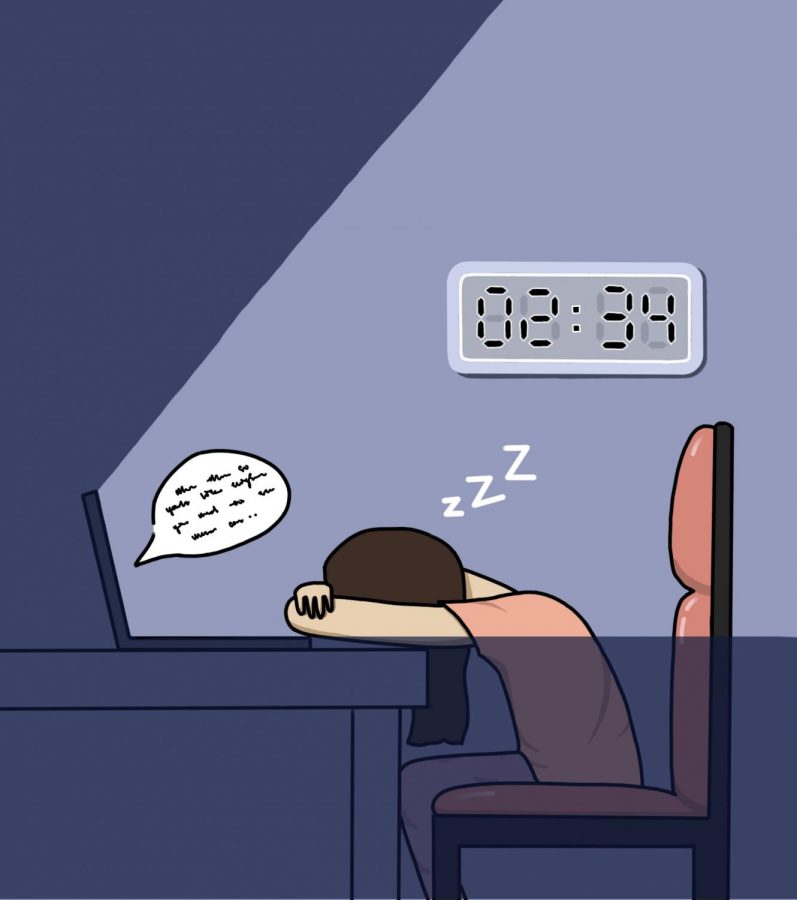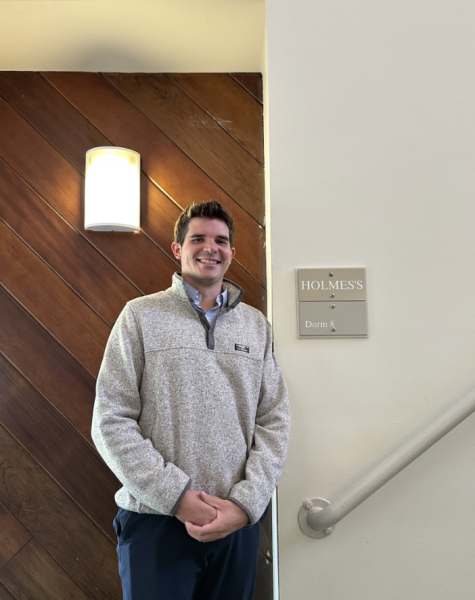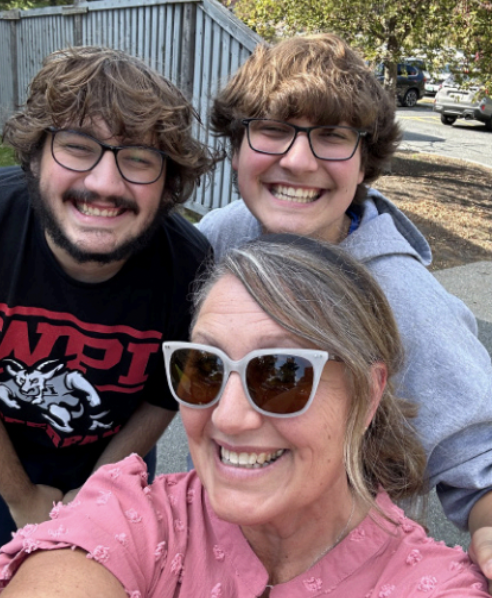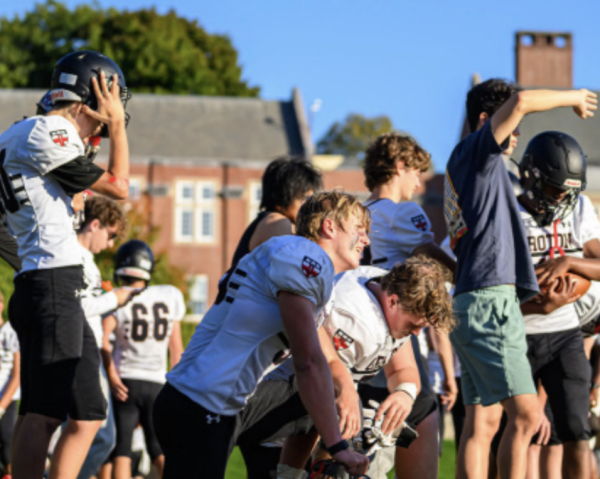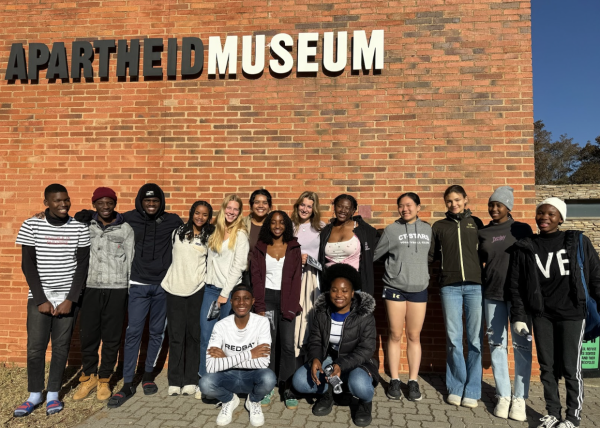Reflections on a Virtual Groton
Due to the pandemic, many students attended Groton remotely last year. This was a new way to communicate and connect with the Groton community without actually being in contact with one another. We conducted interviews with students who were remote last year to gain their perspectives on a virtual Groton.
Numerous students expressed that what they missed most about Groton was the community, especially interacting with their peers and teachers in person. At times, students felt disconnected from what was happening on campus. “I knew I was a Groton student, but it’s difficult to relate to what happened last year on campus,” said Audrey Zhang ’25. Wren Fortunoff ’22 also reflects that she missed the cross-country team and running with others.
The interviewed students had strong viewpoints on the pros and cons of online school. For some students, it was awkward to speak in class because they were always projected on a big screen, and sometimes the teacher didn’t see them when they raised their hand. It was also challenging for students to participate in group discussions because of internet lag or other technical issues. For example, Audrey says, “Due to the time difference, I didn’t go to the afternoon classes and had to watch class recordings, which did not benefit my overall academic performance.” Students also did not appreciate staring at a screen for so long because it hurt their eyes.
In addition, students stated that they worked harder in-person than online. “I felt like I tried less in my classes because I didn’t have my peers to motivate me and commiserate with me about tests,” said Wren. Being in an academic environment inspired students to work hard, and online school did not provide that same atmosphere.
For many, the main benefit of online school was having more free time with their families and for extracurricular activities. Max Fan ’25 appreciated less structure, which for him meant less stress and more opportunities to play piano or tennis. Audrey, who was zooming from Beijing, China, appreciated the two-day weekend due to the time difference. These students also felt their teachers gave more attention to remote learners such as themselves.
Throughout this experience, students stated that their teachers were always there to help them. The teachers were helpful and understanding and made an effort to schedule meetings with those who needed help or did not fully understand what happened in class due to Wi-Fi issues or other circumstances.
In the future, if Groton decides to go virtual again, Caiyu Yang ’25 suggests there should be remote student meetings, like an advisory for virtual students. Looking back on a year of virtual learning, it is fair to say that remote learners are glad to be fully involved in the community and back on Groton’s campus this year.


